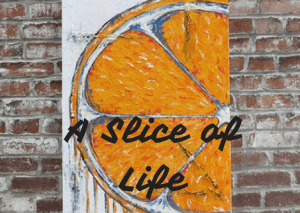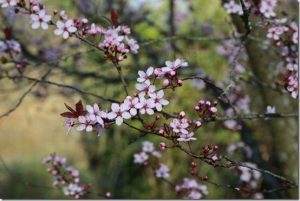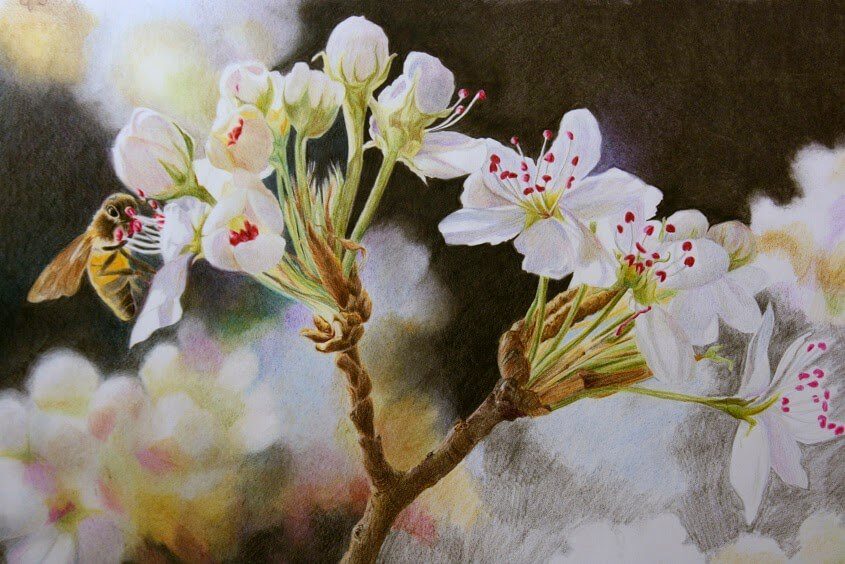 “Winter is a season of recovery and preparation.” ~ Paul Theroux
“Winter is a season of recovery and preparation.” ~ Paul Theroux
Since the dawn of civilisation, seasons and other elements of nature have been incorporated into poetry, literature, myths, legends and yes human psyche as well. For instance, summer, by and large, denotes all things bright and beautiful, joy happiness good cheer, sunshine and oodles of warmth all around.
For instance, summer, by and large, denotes all things bright and beautiful, joy happiness good cheer, sunshine and oodles of warmth all around.
However, I am not talking about the torrid summer of the Indian plains and plateau, which is rather nightmarish. One might argue that major parts of Asia, Africa, and Australia are hot too. True, but they are influenced by other geographical parameters, so that’s another story…
Similarly, autumn is another welcome season. The famous English poet John Keats had rather aptly summed it up thus: “Season of mists and mellow fruitfulness.” In other words, autumn is synonymous with maturity, fullness plenty and prosperity. It is the time when the freshly reaped golden harvest is borne home, fruits ripen and are duly plucked; the strong sunlight is now mellowed and acquires golden hues.
The languid days of autumn gradually yield place to winter. Winter that is, at once bleak, dark, and formidable. All around us in nature, life and activities appear to slow down or come to a standstill.
The languid days of autumn gradually yield place to winter. Winter that is, at once bleak, dark, and formidable. All around us in nature, life and activities appear to slow down or come to a standstill. Many creatures go into hibernation; a number of trees shed their leaves.
The craggy, barren branches silhouetted against an inky-blue gray sky project a vivid picture of emptiness and void. Humans of all ages begin to long for a bit of sunlight to warm up their shivering frames. These factors and more contribute to heighten a sense of melancholy and futility.
In real life and in a variety of literature we find how winter in its severest form takes a heavy toll of human lives. How groups of tourists often perish when engulfed by powerful avalanches.
In real life and in a variety of literature we find how winter in its severest form takes a heavy toll of human lives. How groups of tourists often perish when engulfed by powerful avalanches. Over the centuries many daring, reckless explorers and adventurers lost their lives in alien lands-overpowered by blizzards and snowstorms – never to be found again.
a heavy toll of human lives. How groups of tourists often perish when engulfed by powerful avalanches. Over the centuries many daring, reckless explorers and adventurers lost their lives in alien lands-overpowered by blizzards and snowstorms – never to be found again.
Talking of the severity of winter, our thoughts would naturally veer towards the braveheart soldiers and army personnel who spend a major part of their lives in sub-zero temperatures. Their devotion to and sense of patriotism is laudable indeed!
Owing to the colour white being associated with winter snow, winter is regarded as a shroud, a symbol of death.
And yet, nothing is lost; winter does not indicate the end of life. Eventually, the thick cover of snow begins to thaw and tiny green shoots begin to peep through…it’s the birth of a new life!
And yet, nothing is lost; winter does not indicate the end of life. Eventually, the thick cover of snow begins to thaw and tiny green shoots begin to peep through…it’s the birth of a new life! Days of cloudy gloom will soon be a thing of the past when fragrant, gorgeous spring spreads its flowery mantle across the heavens and earth.
Noted American poet Anne Bradstreet voices her belief in these words, “If we had no winter, the spring would not be so pleasant: if we did not sometimes taste of adversity, prosperity would not be so welcome.”
In other words, winter is a time for introspection and retrospection and taking stock of ground realities. Noted American poet Anne Bradstreet voices her belief in these words, “If we had no winter, the spring would not be so pleasant: if we did not sometimes taste of adversity, prosperity would not be so welcome.”
In the same vein, Nichiren Daishonin a 12th-century Japanese monk and founder of Nichiren’ s Buddhism had held out hope, “Winter always turns to spring”
But perhaps the highest degree of optimism is ensconced in the immortal lines of British poet P.B Shelley: “If winter comes, can spring be far behind?”
Photo from the Internet






 By
By


 By
By